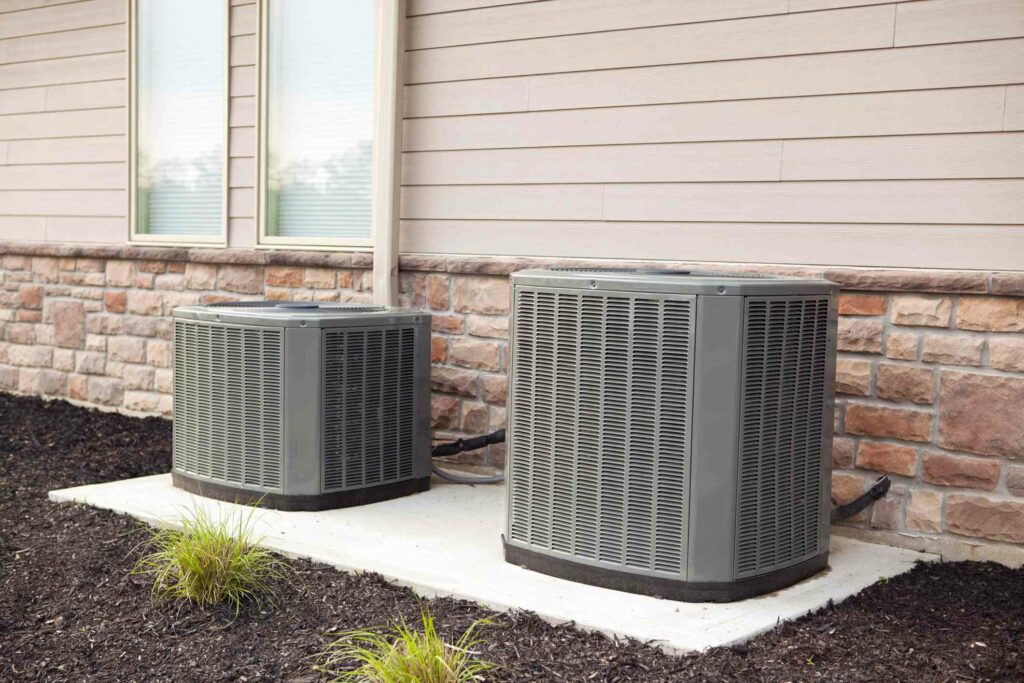As the summer heat continues to rise, finding the perfect air conditioner for your home becomes essential for a comfortable living environment. But with the multitude of options available on the market, selecting the right one can be a daunting task. Fear not, as I’m here to guide you through the process of choosing the ideal air conditioner for your specific needs. We’ll discuss important factors such as cooling capacity, energy efficiency, types of air conditioners, and more to help you make an informed decision.
- Determine Your Cooling Needs
The first step in selecting the right air conditioner for your home is to determine your cooling needs. The size of your space plays a crucial role in this decision. The cooling capacity of an air conditioner is measured in British Thermal Units (BTUs) per hour. To estimate the BTUs you require, you can use a simple formula:
- For rooms up to 150 square feet: 5,000 – 6,000 BTUs
- For rooms between 150 and 350 square feet: 7,000 – 8,000 BTUs
- For rooms between 350 and 550 square feet: 9,000 – 12,000 BTUs
- For rooms between 550 and 1,050 square feet: 12,000 – 18,000 BTUs
- For larger spaces, you may need multiple units or a central air conditioning system.
Keep in mind that factors like insulation, ceiling height, and direct sunlight can affect the cooling requirements. It’s always a good idea to consult with a professional for an accurate assessment.
- Energy Efficiency Matters
In today’s world, energy efficiency is not just a buzzword; it’s a necessity. An energy-efficient air conditioner not only helps you save money on your electricity bills but also reduces your carbon footprint. When shopping for an air conditioner, look for the Energy Star label. Air conditioners with this label meet strict energy efficiency guidelines set by the Environmental Protection Agency (EPA).
The Seasonal Energy Efficiency Ratio (SEER) is another important metric to consider. Higher SEER ratings indicate better energy efficiency. While more efficient units may come at a slightly higher initial cost, they often pay for themselves through lower energy bills over time.
- Types of Air Conditioners
There are several types of air conditioners available, each with its own advantages and disadvantages. Here are the most common types:
- Window Air Conditioners: These units are installed in a window or a hole in the wall. They are suitable for cooling individual rooms and are relatively affordable and easy to install.
- Split Air Conditioners: Split systems consist of an indoor unit and an outdoor unit connected by refrigerant lines. They offer more flexibility in terms of placement and are quieter than window units.
- Portable Air Conditioners: Portable units are easy to move from room to room and don’t require permanent installation. However, they are less efficient than window or split systems and may be noisier.
- Central Air Conditioning: This system cools the entire home through a network of ducts. It provides consistent cooling but is the most expensive option and requires professional installation.
Consider the layout of your home and your cooling needs when choosing the type of air conditioner that suits you best.
- Noise Levels
The noise level of an air conditioner is an often-overlooked factor that can greatly affect your comfort. Window and portable units tend to be noisier than split systems, which have the advantage of placing the noisy compressor unit outside. If you’re sensitive to noise or plan to install the air conditioner in a bedroom, be sure to check the decibel rating provided by the manufacturer.
- Maintenance and Filters
Proper maintenance is crucial for the longevity and performance of your air conditioner. Look for units with easily accessible filters that can be cleaned or replaced regularly. Clean filters not only improve indoor air quality but also ensure efficient operation.
Additionally, consider the availability of service and spare parts in your area. A reliable service network can make a big difference when it comes to keeping your air conditioner in good working condition.
- Budget and Installation Costs
Your budget is a significant factor in your decision-making process. Keep in mind that while upfront costs are important, the long-term operating costs should also be considered. Energy-efficient models may cost more initially but can save you money over the life of the unit.
Installation costs can vary, especially for split and central air conditioning systems, which require professional installation. Get quotes from multiple contractors to ensure you’re getting a fair price for installation.
Conclusion
Choosing the right air conditioner for your home is a decision that should be made carefully, considering factors such as cooling capacity, energy efficiency, noise levels, maintenance, and budget. Take the time to research and consult with professionals to ensure you make an informed choice that will keep your home cool and comfortable for years to come. With the right air conditioner, you’ll be able to enjoy a refreshing escape from the summer heat without breaking the bank. Stay cool!

